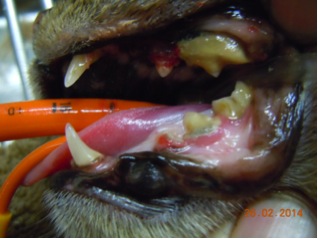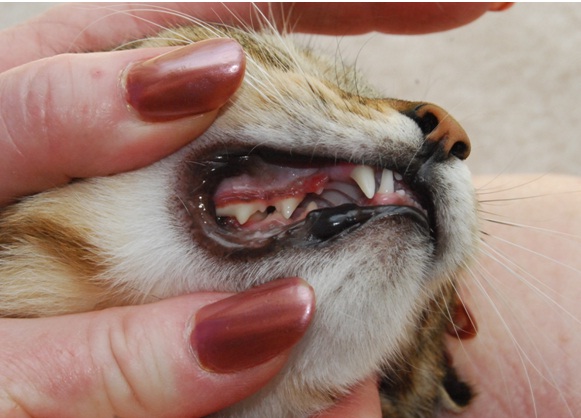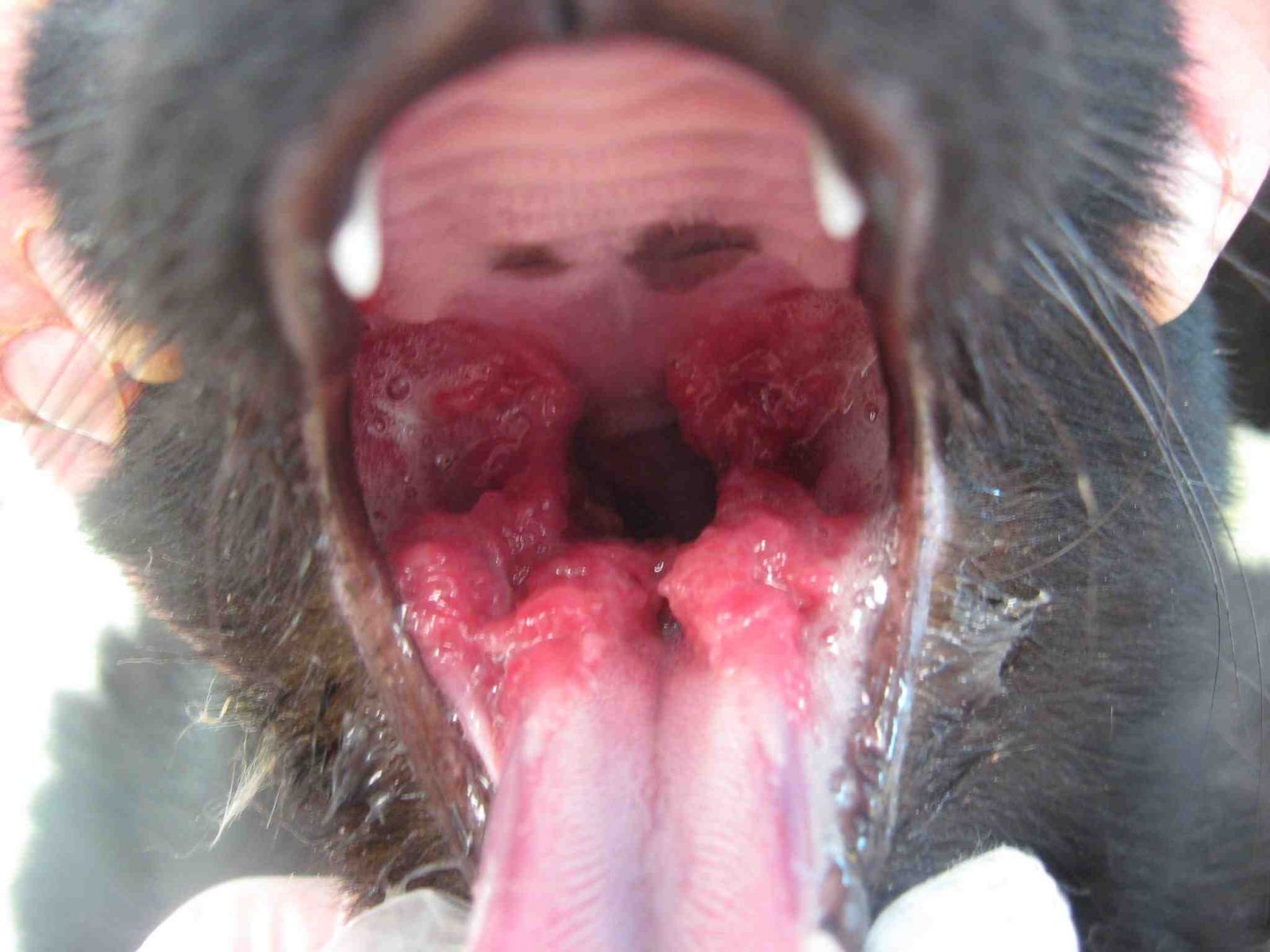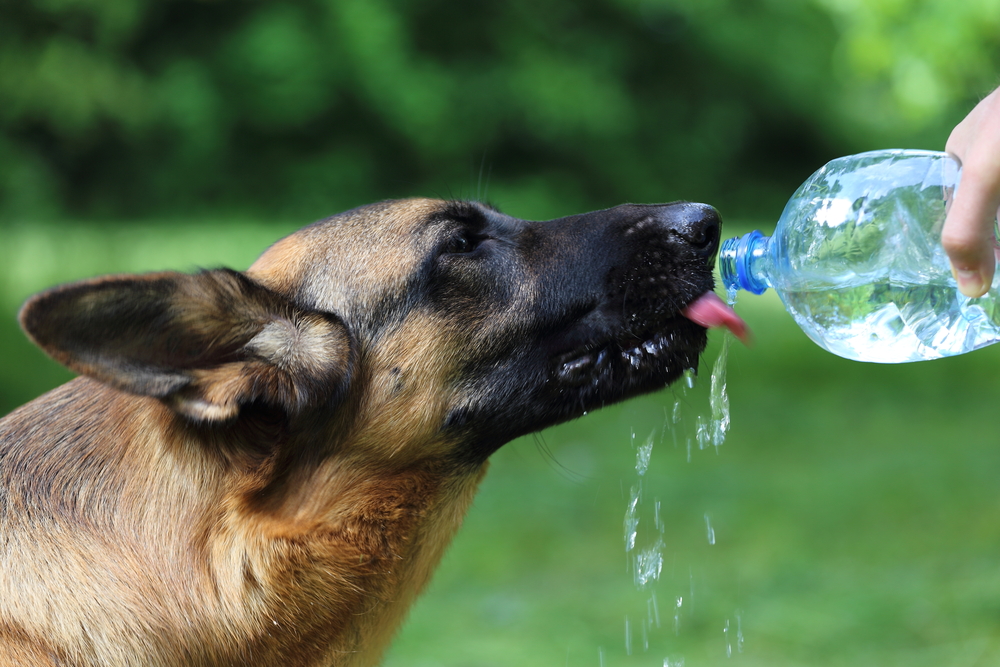In case you haven’t heard, February and March are Dental health months at Acadia Veterinary Hospital! If you came to our dental seminars, this blog will probably be repetitive for you, but in case you missed it, I wanted to touch upon some oral diseases that pain and infection in our feline companions.
1. Periodontal disease: This is the most common reason your cat may be avoiding its dry food, « chattering » when eating or drooling. It’s noted in 70% of cats over the age of 2!

Periodontal disease first starts with plaque accumulation. Plaque is an invisible film that sits on the surface of the teeth consisting of bacteria, cells and food particles. This plaque accumulation inflames the gums and causes gingivitis. If the plaque is not removed by brushing, etc., then it can calcify and turn into hard tartar, which is visible on the teeth and usually takes on a yellow to brownish color. This in turn causes more inflammation of the gums, which leads to infection and pain for your furry friend!!
Signs of periodontal disease are red, swollen gums, bad breath, and difficulty eating.
2. Resorptive lesions: This is the second most common oral disease in cats. It’s found in 60% of cats older than 6 years of age. The signs of this disease can be very subtle- cats can learn to eat around the affected teeth! Sometimes only a slight behavioural change is noted i.e. your cat resents having its mouth or face touched.
Resorptive lesions are caused by the gradual destruction of a tooth by the body itself, using cells called odontoclasts. As of yet, we don’t know what causes the body to destroy these affected teeth. This disease is extremely painful and progressive! They can be first noted by a veterinarian on a physical exam- an affected tooth can appear as though the gum is growing or covering it. An x-ray of the tooth under anesthesia needs to be done to confirm the diagnosis. Simply removing the affected tooth takes away the pain for the cat! Because this disease is progressive, once a cat has one affected tooth, it’s always possible that other teeth can be affected in the future. So he/she needs to be closely monitored at annual exams for more.
3. Stomatitis: This is not as common as the other two diseases I’ve already talked about, but it certainly is one of the most serious and painful. Cats with stomatitis tend to drool excessively and behavioral changes can be noted.
Stomatitis is an autoimmune disease. It is understood that the immune system over reacts to the dental plaque that is sitting on the teeth’s surface. It is extremely painful! Treatment of mild cases is regular dental cleanings and immunosuppressants, but for severe cases extraction of all the teeth is sometimes the only option!
At Acadia Veterinary Hospital we know the importance of great oral health, so don’t hesitate to call us. We are offering free dental exams with our technicians for the months of February and March!
Photo references:
1. Property of Acadia Veterinary Hospital, Dieppe
2. Ref: http://www.dentistvet.com/feline-stomatitis.html
3. Ref: http://www.catchannel.com/experts/arnold_plotnick/my-young-cat-has-forls-is-that-normal.aspx





